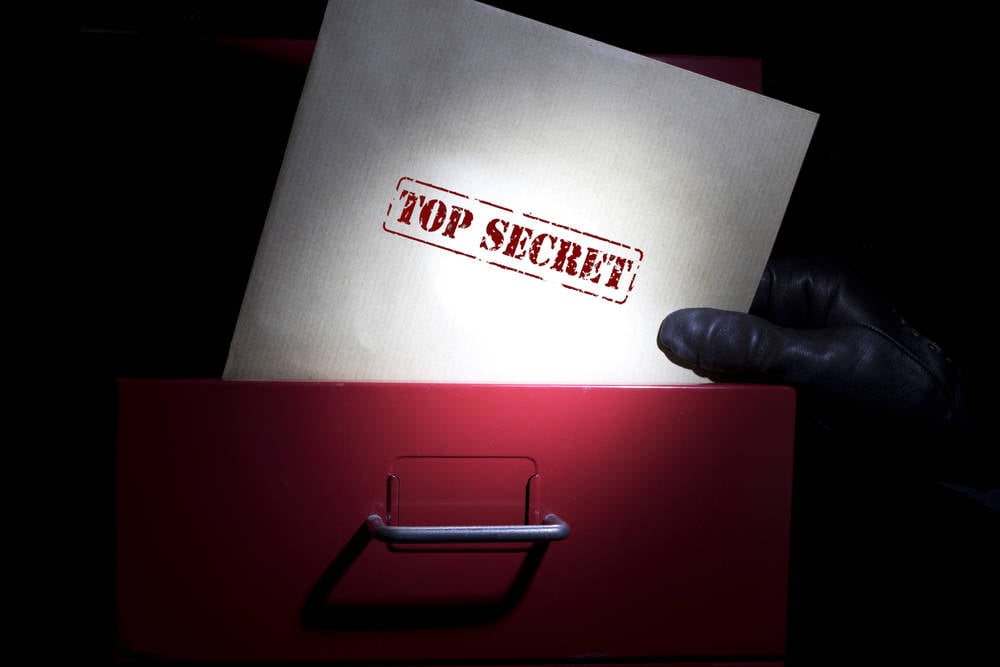
South Korea announced new measures on Thursday to prevent future leaks of technology from its patent office, after noticing increasing incidence of leaks and worrying that it could hurt local companies when stolen IP goes overseas. According to the nation's Ministry of Economics and Finance, the patent office experienced 97 attempts to leak technology overseas – 40 of which related to semiconductors, while a further 18 targeted display tech. Thirty-one attacks were identified as targeting "national core technology.
" The total estimated damage from these leaks was ₩23 trillion ($16.8 billion). More than 60 percent of the breaches were attributed to "insider actions" – often masked as personnel transfers, mergers, or acquisitions.
It’s not just patent probes that worry South Korean authorities. "There have been many suspicions of technology leakage through mergers and acquisitions in fields such as OLED and automobiles, and some companies have withdrawn from Korea after transferring domestic technology to overseas parent companies," explained the Ministry. And sometimes Koreans do the deed.
Last month, two Samsung employees were arrested in Korea on suspicion they stole over $3.2 billion in IP to build their own chip company in China. The Ministry warned that as South Korea's expertise in 11 key science and technology fields climbed – even surpassing China's for the first time in 2022 –concerns over accelerated technology leaks have grown.
Despite the increasing threat, the response has been lacklustre. Almost a third of companies do not act on IP theft due to high costs and time constraints. Even more concerning, 55 percent of universities and public institutions lack dedicated research security personnel.
Litigation rates are also low, with trade secret infringement cases having only about half the success rate of other civil litigation. Securing evidence is a significant challenge, exacerbated by the high turnover of researchers. According to the Ministry, "even if the plaintiff wins a lawsuit, the amount of damages is very low due to lack of evidence and insufficient standards for calculating damages, making it difficult to obtain actual damage relief.
" To tackle these issues, Seoul plans to introduce a pre-emptive technology leakage prevention system using patent big data analysis and technical expert investigations, along with improved digital response systems. Counterintelligence agencies will also play a role. "Patent big data includes global technology trends and researcher information, and when analyzing them, it is possible to derive and detect risk areas for technology leakage," explained the Ministry.
Brokers that arrange technology leaks will risk stronger civil and criminal penalties, as will hackers that infiltrate and steal trade secrets. Seoul is also throwing support behind companies, universities and public enterprises to protect IP through sponsored consulting services, and follow-up support. The state proposed expanding mediation services and developing a system of electronic fingerprints for stolen information.
The Ministry cited other governments like the US, and its efforts to protect IP related to quantum computing and semiconductor manufacturing, as an example it hopes to follow. China, Japan and the EU were also mentioned as countries who whose policies to minimize IP theft Korea could consider. "Major countries with core technologies recognize technology leakage as an important issue for national economy and security, and strengthen their response at the national level," the Ministry wrote.
The revenue generated by semiconductor powerhouses like Samsung and SK hynix is vital to the Korean economy and government, and well worth protecting. ®.














